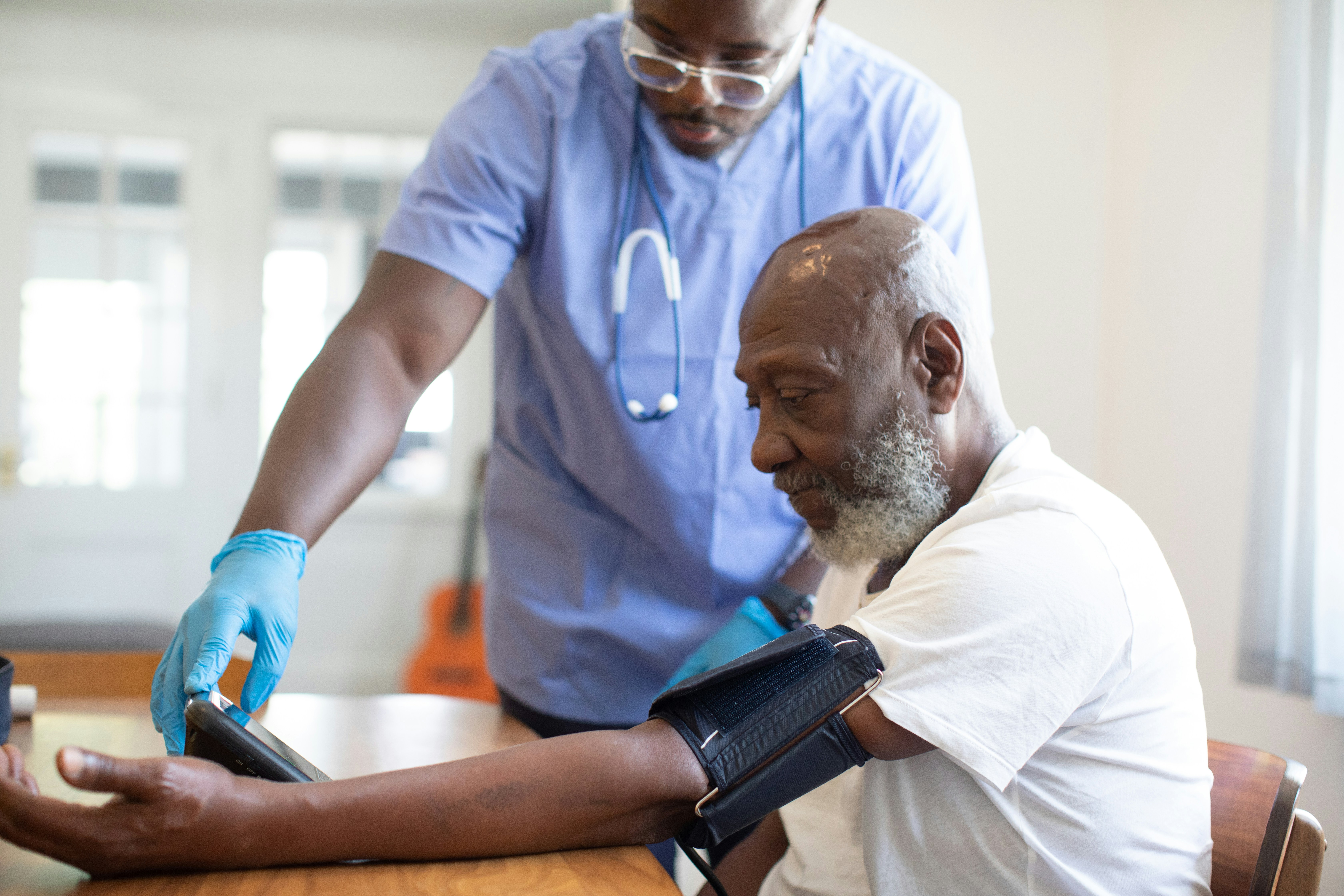
The Research problem
Ageism, or discrimination based on age, remains a critical issue within healthcare systems, leading to lower-quality care for older adults. It manifests across social interactions, organizational cultures, and health policies, while also influencing older adults’ perceptions of their health and interactions with healthcare providers. With 80% of older populations expected to reside in low- and middle-income countries by 2050, ageism is a pervasive challenge globally. Nurses, as global leaders in equitable healthcare, are uniquely positioned to address ageism. This project will explore how healthcare systems can become more resilient and equitable by identifying strategies to counter ageism, particularly within nursing-led interventions.
Research Design
This Network Against Ageism initiative adopts an intersectionality framework to analyze how ageism intersects with other forms of discrimination, such as racism, sexism, and ableism. The one-year project will proceed in three phases, beginning with a rapid literature review to synthesize evidence on ageism in healthcare. Stakeholder consultations across partner countries will complement this review, followed by two virtual workshops to share findings and identify solutions.
Project Objectives
Fostering cross-country collaboration to address ageism is a global social justice issue. Outcomes will include identifying evidence-based strategies for combating ageism and promoting equitable healthcare systems. The project team comprises experts from six WUN-affiliated universities and four non-WUN members across four continents, offering diverse perspectives on ageism in healthcare. Members include early-career and senior scholars specializing in aging within varied socioeconomic, cultural, and healthcare contexts. This global collaboration fosters learning exchanges and strategy sharing to tackle ageism effectively. Additionally, the project emphasizes capacity building by engaging nursing students and educators to combat ageism.